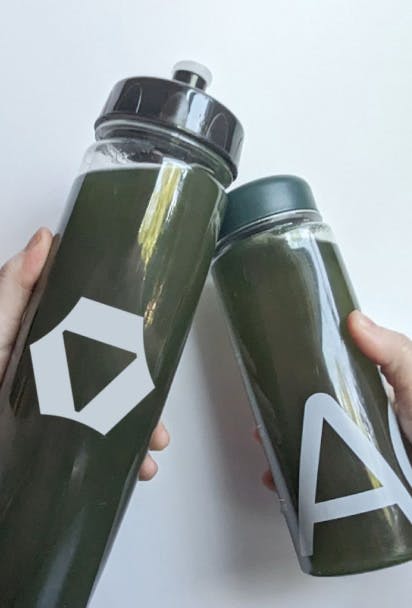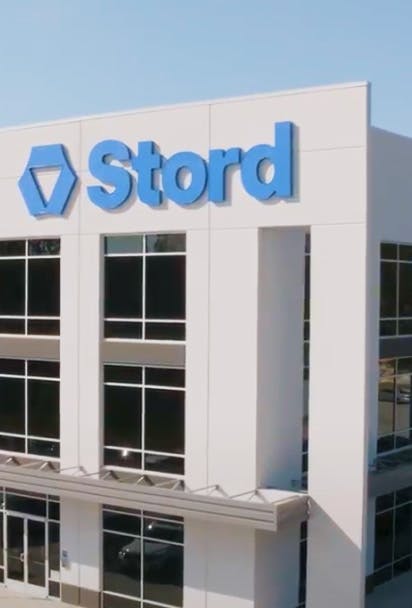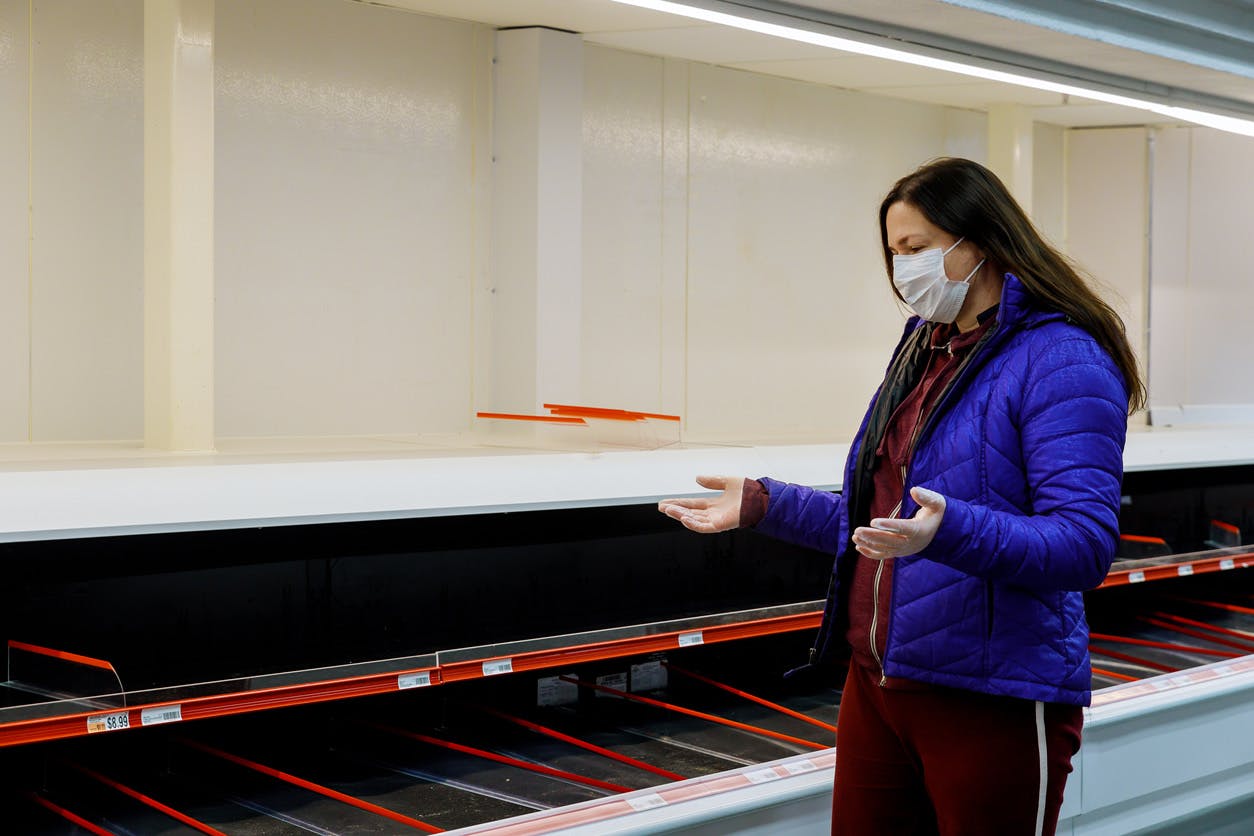As I was finishing Adapt or Die in what now seems like the distant past of the early months of the pandemic, it was clear that though it seemed like the entire supply chain had been thrown into a brand-new chaos (remember when there was no toilet paper anywhere?), the pandemic was in fact exposing the already-existing strains and problems of an ever-more-globalized market.
As we consider how the pandemic has permanently changed the fulfillment strategies of businesses of all sizes, I think it’s helpful to group things into two categories. First, there are those aspects of fulfillment that are, without a doubt, changed. Then there are those that I hope change, and it’s one of the few silver linings of our present circumstances that it’s the perfect time to do so.
To the former category: long before the pandemic, everyone in fulfillment was talking about last-mile delivery. Now it’s something that everyone, in one way or another, is talking about. As delivery-density has sky-rocketed way above what even the e-commerce giants dared to dream of, it’s clear that neighborhood optimization is becoming more and more important. Carriers want to make as many deliveries as close together as possible, and companies are scrambling to figure out different ways to do this effectively and competitively.
Also prior to the pandemic, it was clear that manufacturing needed to move closer to the final mile. With the huge, sometimes untenable distances in our supply chain, this need has become even more urgent. Predictive data, 3D printing, improvements in inventory availability and accuracy, ship from store, and other advancements will continue to move the manufacturing and positioning of many items closer to their final destinations. We may see the proliferation of regional assembling facilities who receive and assemble parts into finished goods for final delivery.
There are many more lessons along these lines, but it’s also important to talk about that second category, of lessons that I hope we learn, rather than those that are inevitable. During the pandemic, the vast majority of consumers also became aware, perhaps in a more mass and sudden way than at any other time, of the value of the labor behind fulfillment, as well as its susceptibility to mistreatment and poor conditions. In my mind, one of the most valuable lessons from the pandemic is in better understanding and respecting the role of operations workers, as they have shown themselves to be crucial to all aspects of fulfillment, and many aspects of our daily lives, time and time again.
Join Stord CTO and co-founder Jacob Boudreau for a live Q&A with Jeremy on January 13th, 2021 at 2pm EST. Save your spot.
Jeremy Bodenhamer is a leading expert at the intersection of shipping and e-commerce. He has been featured in Inc., TechCrunch, AOL, Fortune, Internet Retailer, and Entrepreneur; is a frequent speaker on innovation, technology, and logistics; and was a 2018 Supply Chain & Executive Pro to Know. Jeremy is an active volunteer in the community, an avid Crossfitter and surfer, and champion of a company culture that promotes health, family, and happiness among employees. He lives in Santa Barbara with his wife—educator and youth advocate, Bethany Bodenhamer—and their three sons.




